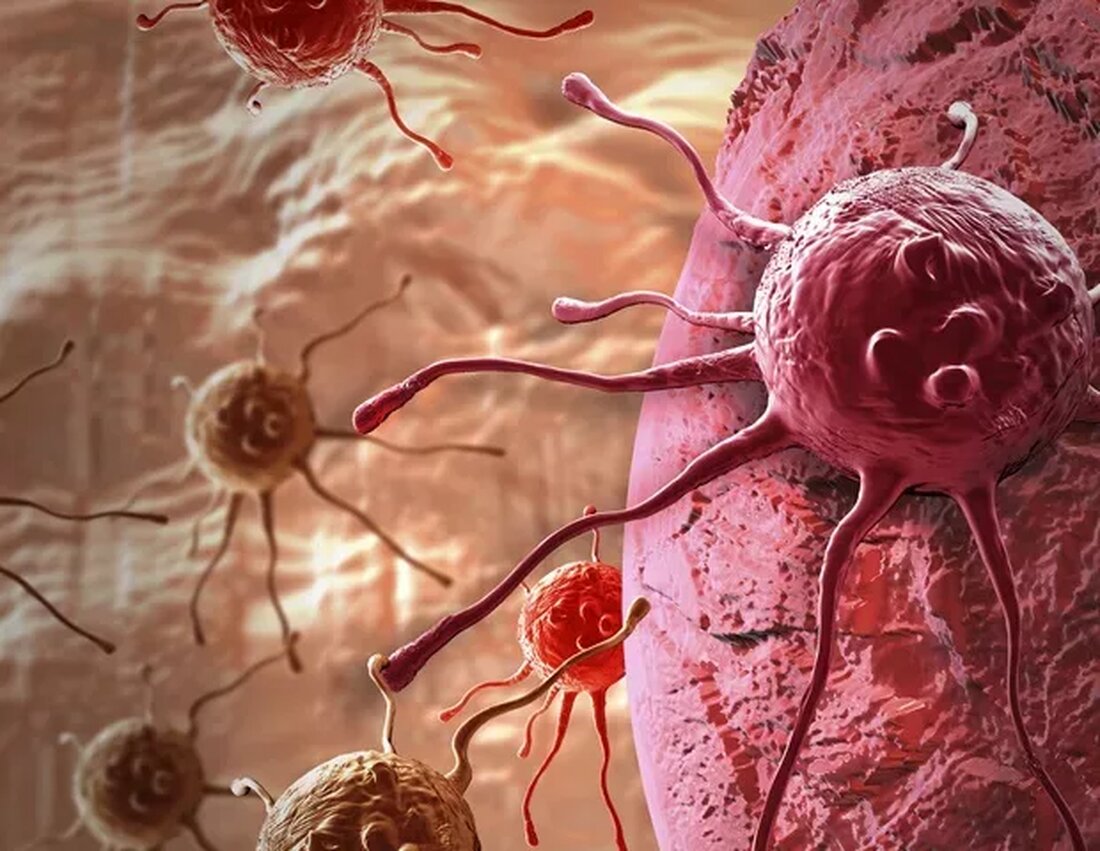Stony Brook University Receives Significant Investment for Promising Cancer Drug Development
Dr. Iwao Ojima Develops Promising Anti-Cancer Drug Reviewed by Emily Henderson, B.Sc. | Feb 28, 2023 For the past few decades, Dr. Iwao Ojima worked in his laboratory at the Department of Chemistry at Stony Brook University and the Institute of Chemical Biology & Drug Discovery (ICB&DD) to develop next-generation anti-cancer agents. One of these agents, a second-generation taxane conjugate in nanoemulsified formulation (called NE-DHA-SBT-1214), has shown great promise against solid tumors, particularly colon cancer. The taxane compounds were licensed to a Stony Brook University spin-off company, TargaGenix, Inc., in 2016 to advance their development toward clinical use. Since then...

Stony Brook University Receives Significant Investment for Promising Cancer Drug Development
Dr. Iwao Ojima develops promising anti-cancer agent
Reviewed by Emily Henderson, B.Sc. | Feb 28 2023
For the past few decades, Dr. Iwao Ojima worked in his laboratory at the Department of Chemistry at Stony Brook University and the Institute of Chemical Biology & Drug Discovery (ICB&DD) to develop next-generation anti-cancer agents. One of these agents, a second-generation taxane conjugate in nanoemulsified formulation (called NE-DHA-SBT-1214), has shown great promise against solid tumors, particularly colon cancer. The taxane compounds were licensed to a Stony Brook University spin-off company, TargaGenix, Inc., in 2016 to advance their development toward clinical use. Since then, TargaGenix has continued to develop the compounds, addressed formulation, toxicity and in vivo efficacy, and attracted significant investment in NE-DHA-SBT-1214.
TargaGenix plans to work with its partners to develop the new taxane as a standalone drug and also to use it in combination with other treatments, including immuno-oncology agents. The company and its partners plan to advance the drug's development into human clinical trials in the near future.
TVM Capital Life Science (TVM) is committing up to $24 million toward a development program to bring NE-DHA-SBT-124 to market as an alternative drug for the treatment of colorectal cancer and other solid tumors.
Taxanes are a class of anticancer drugs widely used to treat solid tumors. They include paclitaxel, docetaxel and cabazitaxel. The class of drugs inhibits tumor growth by blocking cancer cells from dividing. However, multidrug resistance (MDR) as well as cancer stem cells (CSCs) and various side effects often make the effective use of these drugs difficult. Dr. Ojima and his team have developed a highly potent second-generation taxane conjugated to DHA (a widely used omega-3 fatty acid supplement) in a nanoemulsified formulation. The agent (NE-DHA-SBT-1214) showed excellent activity not only against MDR of solid tumor xenograft models but also in CSC-initiated tumor xenograft models.
A primary indication for NE-DHA-SBT-1214 is colorectal cancer, which is a very challenging cancer type due to its strong multidrug resistance. But the drug also shows promising results in pancreatic cancer and prostate cancer in preclinical testing. For example, NE-DHA-SBT-1214 was tested in combination with PLD-1 antibodies against pancreatic cancer. The combination therapy showed better results than the current best standard treatment for this deadly disease.
The new taxane compound is formulated using a nanotechnology called nanoemulsion, originally developed by Dr. Mansoor Amiji at Northeastern University. This nano-formulation, together with DHA conjugation, enables tumor-specific drug delivery through the so-called “Enhanced Permeability and Retention (EPR)” effect, which is characteristic of nano-particles, as well as a controlled release of the highly potent second-generation taxane. This has been shown in preclinical testing and makes the taxane effective against MDR and CSCs within the tumor.
"Dr. Ojima and his team's newly developed taxane is showing great success in preclinical studies of colorectal and pancreatic cancer, two of the deadliest cancers in humans. After decades of research, we are pleased that the drug will now advance to clinical trials in patients. This example illustrates the importance of research in Stony Brook University's basic science departments in developing new potential cancers cancer treatments,” says Peter Igarashi, MD, dean of the Renaissance School of Medicine at Stony Brook University.
“Taxanes have been a cornerstone of cancer treatment for decades, but they can cause significant side effects and treated cancers often recur,” said James E. Egan, CEO of TargaGenix. “We are pleased to have strong support from TVM and to now have the resources to further develop this potentially groundbreaking molecule,” added Egan, who earned his doctorate in molecular pharmacology from Stony Brook University.
Stony Brooks University’s Intellectual Property Partners (IPP) worked closely with TargaGenix to secure TVM’s investment.
“My office has worked closely with James and TVM on this investment and we are very pleased with the completion,” said Sean Boykevisch, PhD, Director of IPP. “The funding will advance this promising potential therapeutic into the clinic, where we hope it will provide meaningful clinical answers and potentially become a new standard of care.”
Source: Stony Brook University

 Suche
Suche
 Mein Konto
Mein Konto
